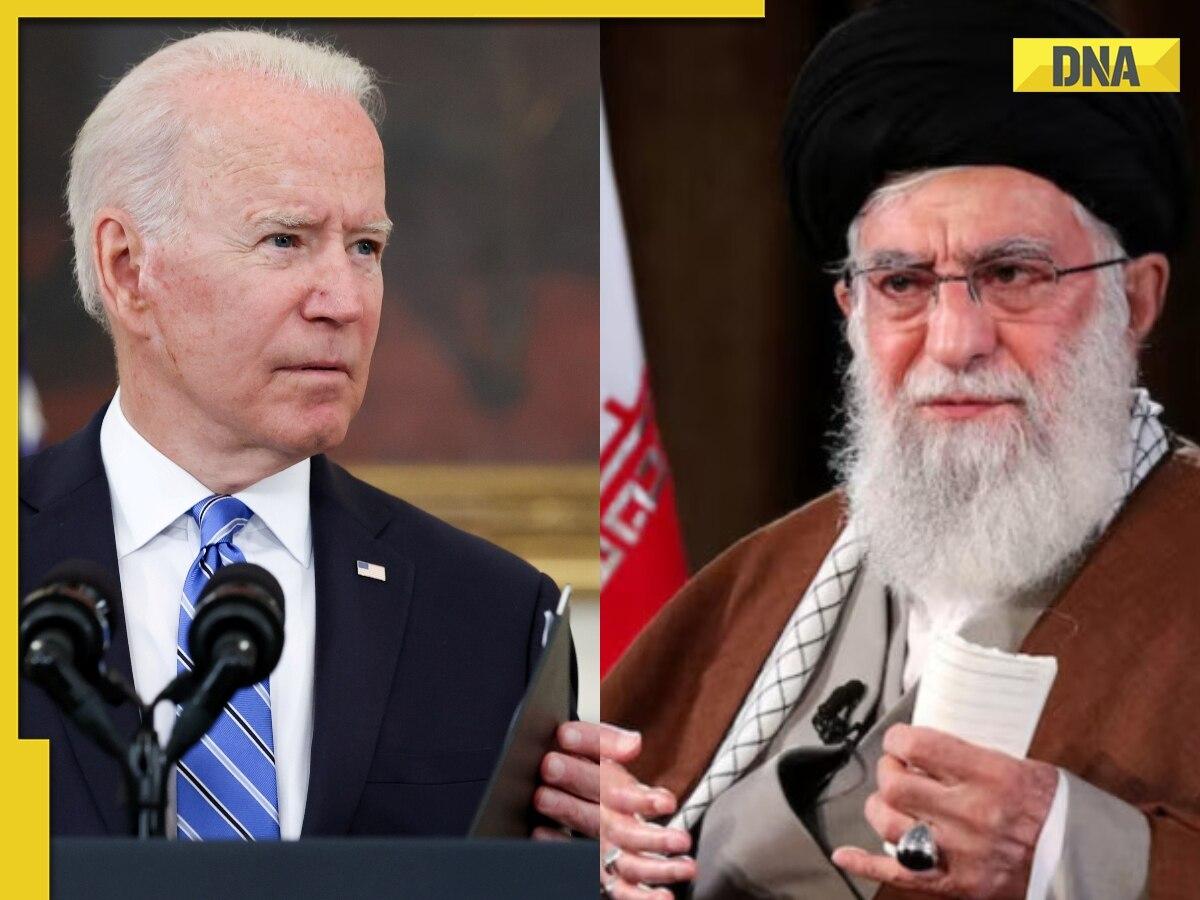
The relationship between the United States and Iran has been on a tumultuous trajectory, with a marked decline following the US exit from the Joint Comprehensive Plan of Action (JCPOA) in 2018 during former President Donald Trump’s tenure. Initially, President Joe Biden aimed to alleviate tensions and championed the restoration of the 2015 nuclear deal. Notably, in the aftermath of the Russia-Ukraine war, the Biden administration appeared to overlook Iran’s sale of oil, which contravened US-imposed sanctions.
However, Iran’s continued breach of its JCPOA nuclear commitments, its provision of arms to Russia amid the ongoing conflict with Ukraine, and growing regional instability, as exemplified by escalating Iran-Israel tensions, have all contributed significantly to diminishing hopes for a thaw in the strained US-Iran relations. Biden has also encountered robust domestic pushback, particularly from Republican lawmakers, over his approach toward Iran. Trump has vehemently criticized Biden for purportedly freeing up $6 billion for Iran for humanitarian objectives and for facilitating a prisoner exchange, as well as for easing sanctions, arguing that these steps have fueled turmoil in the Middle East.
The Biden administration has refuted claims of releasing the funds, instead attributing the increased Iranian enrichment of uranium to the prior administration’s hardline stance. President Biden has stressed his administration’s persistence in enacting sanctions: “During my Administration, the United States has sanctioned over 600 individuals and entities — including Iran and its proxies, Hamas, Hezbollah, the Houthis, and Kataib Hezbollah. And we will keep at it. I’ve directed my team, including the Department of the Treasury, to continue to impose sanctions that further degrade Iran’s military industries.”
Amid sanctions, Iran is actively pursuing de-dollarisation, significantly reducing reliance on the US Dollar for trade. In a strategic shift, Iran joined the BRICS+ group in January 2024 and inked a deal with Russia for trading in local currencies.
Despite fraught relations, discreet communications continue between Iran and the US. Oman has facilitated a crucial back channel for dialogue, hosting senior negotiators from both countries in January 2024. Even amidst the recent Iran-Israel hostilities, Oman has sought to mediate. Iranian Foreign Minister Hossein Amirabdollahian’s recent visit to Muscat underscores the importance of these diplomatic efforts.
A development heightening US-Iran tensions is a visit of a North Korean delegation to Iran. Led by Minister of External Economic Relations Yun Jung Ho, they engaged in discussions regarding bilateral trade, examining potential cooperation with Iranian government officials and the private sector during an expo in Tehran.
Growing cooperation between North Korea, Russia, and Iran could indicate the consolidation of a new geopolitical alliance. North Korea and Iran have maintained diplomatic ties since 1973, with Pyongyang aiding Tehran during the Iran-Iraq war in the 1980s. The recent strengthening of North Korea’s rapport with both Iran and Russia, as demonstrated by North Korean leader Kim Jong Un’s visit to Russia and meeting with President Vladimir Putin, highlights this evolving nexus. The United States has dubbed this interaction as desperate, with Kim Jong Un offering support to Russia in its confrontation with “hegemonic forces.”
Pyongyang has been accused of aiding both Russia in the Ukraine conflict and Iran in the Middle East, with South Korean reports hinting at Hamas’s use of North Korean armaments against Israel. Amidst sanctions, the trio of nations seems poised to engage in deeper economic partnership, which is raising alarms in the US and the West over potential strategic and military collaboration, including nuclear development.
In summary, Iran’s burgeoning alliance with North Korea is a vivid indication of its drift away from Western engagement. The convergence of interests between Tehran, Beijing, Moscow, and Pyongyang is likely to exacerbate future relations with Washington. Although prospects for the revival of the JCPOA seem bleak, given the current Middle Eastern turmoil, maintaining diplomatic back channels remains a prudent strategy for the US.










